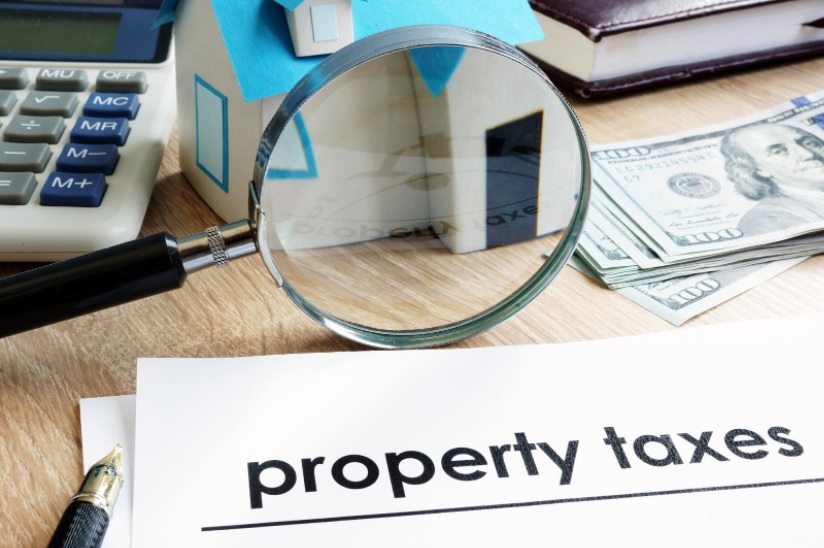5 Ways To Lower Your Taxes As A Real Estate Investor

Although real estate investment is expensive, it’s one of the ventures guaranteeing high-profit margins. To do well in this business, you need to know the survival tricks investors use to maintain the rising graph of profits. The most effective way to keep it high is by lowering your property taxes.
Property taxes are calculated and levied by local governments to homeowners. The amount you pay is determined by the value of your property. This type of tax tends to appreciate steadily over time, which can become a huge burden to many homeowners. Even after servicing your mortgage, the tax levy keeps coming.
Reducing The Tax You Pay
Tax levels differ from one state to another. Some states have lenient policies while others have hefty ones. As long as you own a property, you’ll always pay property tax. However, with the following tricks, you can keep your taxes as low as possible:
- Appeal Your Tax Bill
In case you’ve done everything you can to have a favorable tax bill without success, all isn’t lost as you can try appealing your bill. To file a tax appeal in Ohio, you’ll be required to pay a certain amount to have your appeal reviewed. You’d need the help of a property lawyer such as Cincinnati lawyer Ryan Gibbs and others.
Your lawyer will ask for a service fee through a percentage of the tax relief in case the appeal succeeds and gets approved. Ensure you file the appeal within the right time frame. Otherwise, you’ll have to remain with the current bill from the local tax office.
Your attorney will be able to follow through with the necessary legal steps. On the other hand, you’ll be required to cooperate by providing any required information. The review board looks into your appeal and sends feedback after some months.
When the board approves your appeal, the assessment of your property would be lowered. The rate remains the same, though the amount of tax reduces.

- Leverage 1031 Exchanges
The 1031 exchange allows you to defer your taxes to sell your property, then use the equity gained to buy other property of similar or greater value. However, you have a limited time to do this. For you to benefit from this policy, your property must meet the following qualifications:
- The new property you want to purchase must be the same value or more than the current property.
- The properties involved in the deal must be of the same kind.
- Both properties must be listed for business or trade purposes.
- Maximize Your Deductions
One benefit of real estate investment is some expenses are tax-deductible. You can subtract mortgage interest, depreciation, insurance, pass-through deduction, property taxes, mileage and travel expenses, maintenance costs, home office expenses, advertising expenses, legal fees, software tools, and closing costs like lender fees.
Apart from these, you can implement standard deductions as well. You’re not required to itemize these types of deductions; you just lower the total taxable income. Do proper research on what you need to do to lower your tax level.
- Depreciate Your Properties
The lifespan of homes is set at 27.5 years, so if you own properties, you need to deduct 1/27.5 of your property every year in the initial years you own the property. You’re also permitted to depreciate any capital improvements done to the establishment. For instance, if you put in a new roof, you can depreciate it for the first several years.
- Sell Your Property On Installments
If you receive the income from the sale of your property in a single installment, you may end up paying hefty taxes, which may elevate you to a higher tax bracket. To avoid this, spread the profit over several years. The moment you sell your property, the income tax you need to pay is for the down payment and the principal you receive from the buyer. The rest is paid over the agreed number of years. This kind of arrangement enables you to charge your buyer interest, increasing your profit margin.
The only risk you may have is when the buyer defaults to paying the installments. Thus, ensure that before you enter into the deal, the buyer is qualified to pay the installments without fail.
Conclusion
The tips outlined in this article are meant to help you have the lowest tax possible levied on your property. Learn how to take advantage of them as allowed by the law. If you apply these consistently in your real estate business, they can help you save thousands of dollars, which would boost your wealth.












